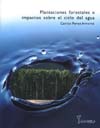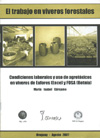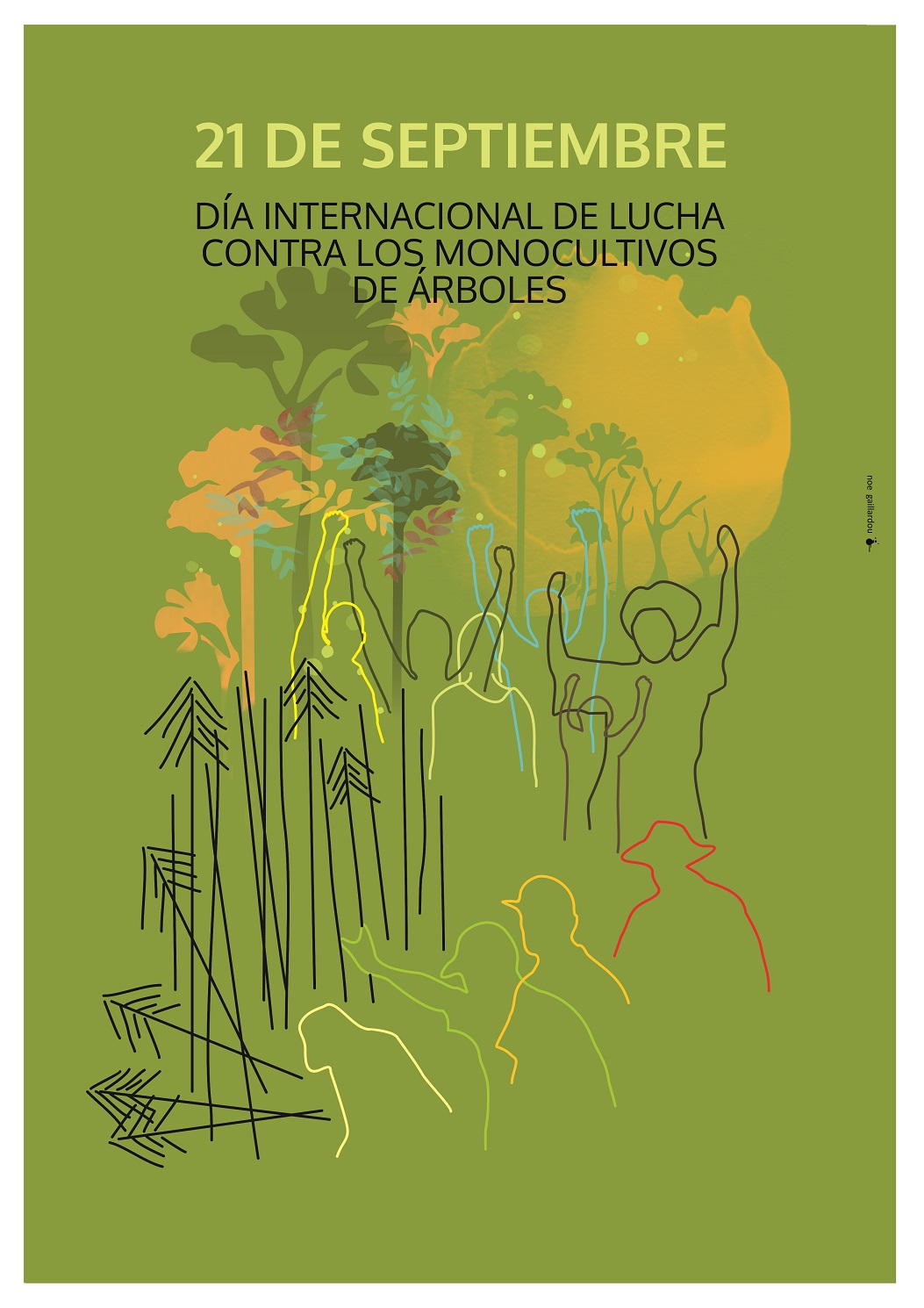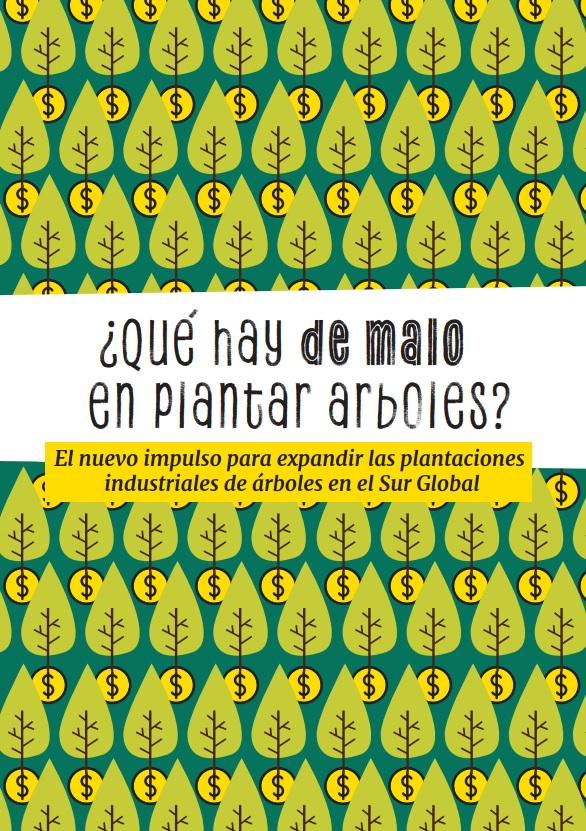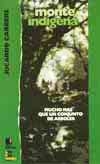More than 60 environmental and human rights associations, Friends of the Earth International, the World Rainforest Movement and the International Cultural Movement Our Voice among them, joined the demand of four Finnish social organizations for the United Nations to verify if the activities of the multinational group UPM in Uruguay are respecting the economic, social and cultural human rights of the population.
Friends of the Earth, New Wind Association, Emmaus Aurinkotehdas and ATTAC from Finland denounced the negative impacts of the investment contract signed by UPM for the installation of a new pulp mill in Uruguay and appeal to the governments of Finland and Uruguay to fulfil their obligations under the International Covenant on Economic, Social and Cultural Rights as guided by the UN body authorised to asses, monitor and guide the implementation of those obligations.
The UN Committee on Economic, Social and Cultural Rights (CESCR) in charge of the implementation of the Covenant by the signatory states will meet from February 15 to March 5 to consider the situation in this regard in Finland and Latvia. The report presented by Finnish social organizations includes the case of UPM as a company whose origin and headquarters are in Finland.
It is recalled that the states have powers to control “the corporations constituted under their laws, or that have their statutory headquarters, central administration or main place of business in their territory.” Therefore, the Finnish state “has to use that power of control to ensure human rights in particular in mega public-private investments abroad like this one,” they add.
“As UPM is a transnational corporation in which crucial Finnish public and private interests are involved, the human rights impacts of UPM’s mega investment in pulp production in Uruguay are an example of conditions with respect to which Finland it is responsible for developing a framework to ensure that it does not neglect its obligations”, the denounce states.
“Numerous groups and communities have expressed deep concern about what the impacts of this investment contract will be on their human rights and the environment, as the UPM project will spend billions, most of the money from Uruguayan taxpayers to create a great change in the land and water of Uruguay”, the Finnish organizations tell CESCR.
UPM’s new investment in Uruguay will affect the quality and access to water, soil conditions, biodiversity and ecosystems, work, housing and transportation in ways that threaten to violate human rights to an adequate standard of living, to food, water and housing, and human rights to health, a clean and safe environment, culture, work and education.
Finnish organizations propose that an independent review, endorsed by the respective UN bodies, be carried out to assess these impacts. On February 16, the CESCR will hear a representative of the reporting entities. The Committee will meet in the following days with a delegation from the Finnish government, to present its final observations at the end of its sessions.
February 13, 2021.
UN Committee Concerned about UPM Actions in Uruguay
At the end of its last session, on March 5th, the United Nations Committee on Economic, Social and Cultural Rights (CESCR) regretted that in Finland there is no regulatory framework that obliges companies under its jurisdiction to respect human rights and expressed concern about the lack of a full evaluation of the impacts of the UPM project in Uruguay.
At the meeting from February 15 to March 5, the CDESC received a denounce from four Finnish social entities, supported by more than 80 non-governmental organizations from Uruguay and other parts of the world, about the negative consequences in terms of human rights of the contract signed by UPM and the Uruguayan government for the installation of a new pulp mill.
In point (6) of the session’s conclusions, the UN Committee notes that “it is concerned at the limited impact of the implementation” of the Finnish Action Plan on Business and Human Rights and “at the absence of legal obligations for businesses under the State party’s jurisdiction to exercise human rights due diligence“.
It goes on to say that: “In this regard, the Committee is concerned at reports of lack of a thorough human rights impact assessment of a project operated abroad by UPM, a company domiciled in the State party (Finland)”, referring to the performance of UPM in Uruguay.
In the following point (7) of the conclusions, “The Committee recommends that the State party adopt a regulatory framework on human rights due diligence making it compulsory for companies domiciled in the State party or under its jurisdiction to identify, prevent and address human rights violations in their operations, including abroad.“
And it adds: “Such companies should be liable for violations. Victims, including non-nationals, should be able to access effective remedies in the State party.“ Consequently, “the Committee urges the State party to conduct investigations when reports of human rights violations by Finnish companies are brought to its knowledge.”
Finally, in accordance with the procedure for following up on its observations, the UN Committee requested Finland “to provide, within 24 months of the approval of these concluding observations, information on the implementation of the recommendations contained in paragraphs 7″, that is, the adoption of a regulatory framework on business and human rights.
The concern expressed by the Committee was met with surprise by UPM in Finland. “We find it regrettable” said Saara Tahvanainen, Director of Stakeholder Relations. The company alleges that it carried out several studies on the application of human rights in Uruguay, but the social organizations precisely request an independent audit in this regard.
Movement for a Sustainable Uruguay (Movus)
March 9, 2021.




